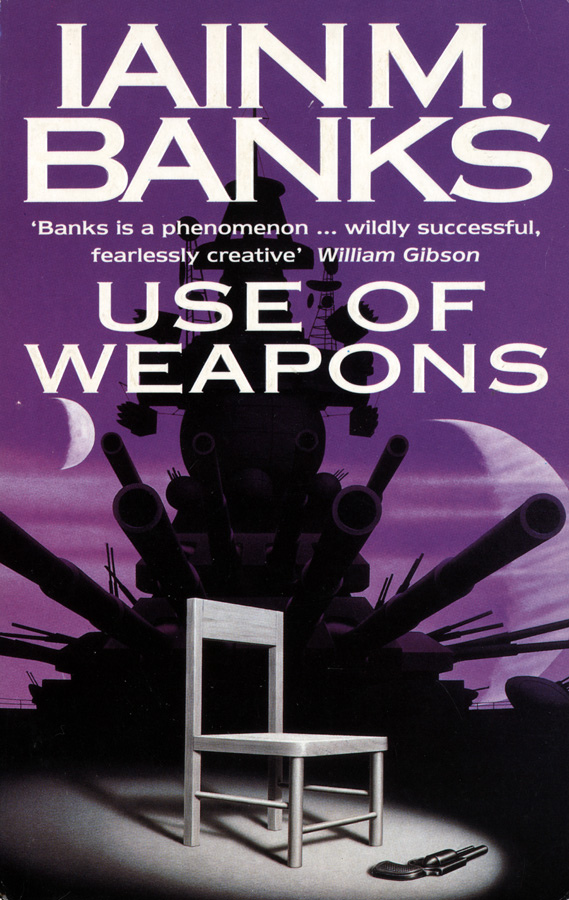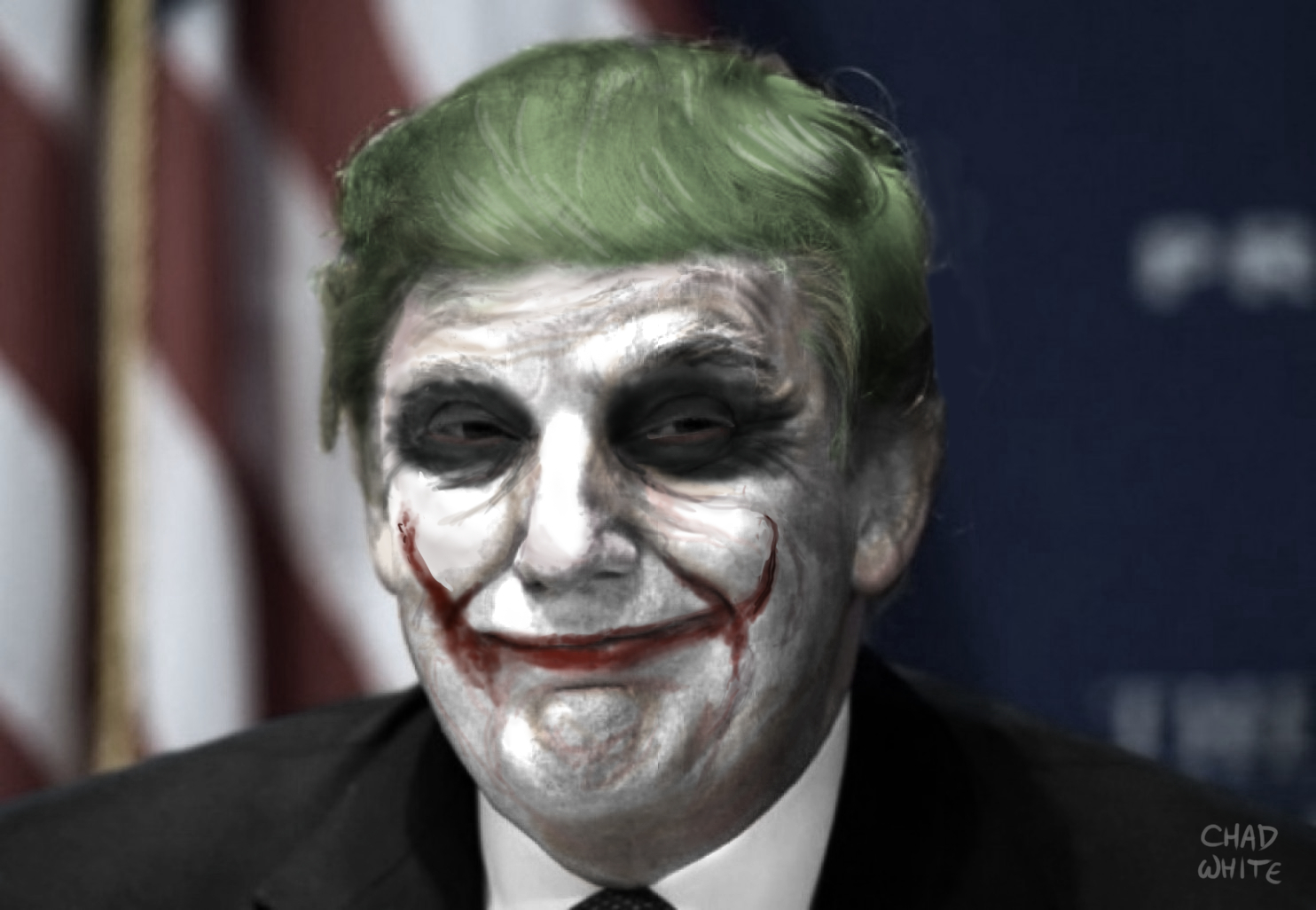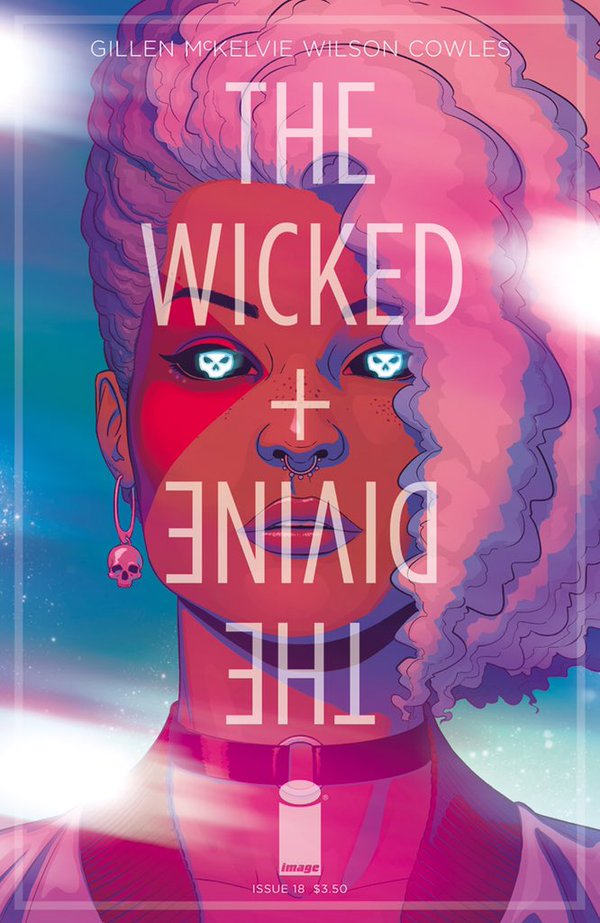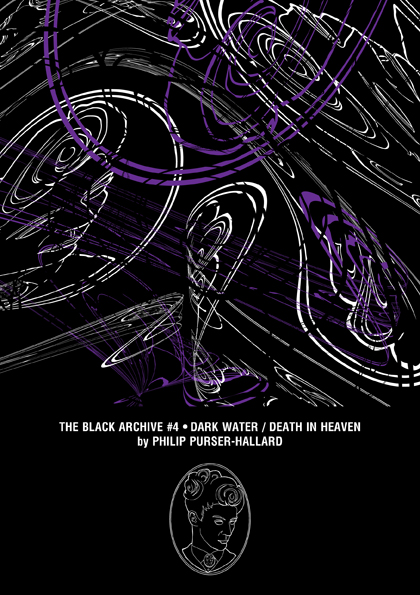Cultural Marxism III: Use of Weapons
 Use of Weapons marks a clear transition in Banks’s career; it is the last of the Culture novels to have been revised from a pre-existing manuscript. It also serves as a temporary endpoint to the Culture series, which Banks put down for six years, penning two of his three non-Culture sci-fi novels in the gap. And it provides a conceptual culmination to the line of thought explored in the three of Banks’s science fiction novels looked at thus far (although by any reasonable standard Walking on Glass and The Bridge are also science fiction novels). It is unsurprising, perhaps, to find that this is the oldest of Banks’s pre-Wasp Factory manuscripts, and the book he first developed the Culture for; a fact that offers an easy narrative whereby Banks wiped out on the overly ambitious premise and structure of this book, spent a couple of books playing with its themes in other contexts, and finally, with a crucial assist from Ken McLeod, reattempted the magnum opus and got it right.
Use of Weapons marks a clear transition in Banks’s career; it is the last of the Culture novels to have been revised from a pre-existing manuscript. It also serves as a temporary endpoint to the Culture series, which Banks put down for six years, penning two of his three non-Culture sci-fi novels in the gap. And it provides a conceptual culmination to the line of thought explored in the three of Banks’s science fiction novels looked at thus far (although by any reasonable standard Walking on Glass and The Bridge are also science fiction novels). It is unsurprising, perhaps, to find that this is the oldest of Banks’s pre-Wasp Factory manuscripts, and the book he first developed the Culture for; a fact that offers an easy narrative whereby Banks wiped out on the overly ambitious premise and structure of this book, spent a couple of books playing with its themes in other contexts, and finally, with a crucial assist from Ken McLeod, reattempted the magnum opus and got it right.
Certainly the book echoes the three previous books discussed in distinct ways. The Wasp Factory is perhaps the subtlest, as it’s easy to miss that it uses the same basic narrative structure as Use of Weapons. Much of this is because Use of Weapons is so ostentatious in its structure, with its two sets of chapters, one of which is numbered backwards so as to scream “we are working our way through a series of flashbacks towards some climactic reveal about the character’s origin” as loudly as possible. But The Wasp Factory uses the same approach of alternating between a forward-moving timeline and a chain of flashback revelations about the past – it just doesn’t separate the flashbacks into their own chapters. (And much like The Wasp Factory, Use of Weapons’s best reading is the second one in which the reader is free to focus on how the novel is constructed around the information revealed at the end.)
The similarities with Consider Phlebas are more straightforward; like Consider Phlebas, Use of Weapons has a main character who is a mercenary not of the Culture itself. Unlike Horza, Cherardenine Zakalwe works for the Culture instead of their enemies, but he still has a distinct distance from them, actively declining to settle down within the Culture in favor of continuing to take soldiering jobs for them. In essentially every regard Use of Weapons is the smarter, subtler book here – readers interested in seeing how Banks developed as a writer could scarcely do better than reading these two and looking at two very similar protagonists who end up coming out very differently. But the pattern is largely the same.
You could easily argue that Gurgeh in Player of Games is another example of the pattern – as, indeed, is Frank, in that all of them are very much people who have been carefully shaped and designed for circumstances, even if only Horza and Cherardenine are weapons as such. And it’s true, this is a pronounced theme in the four Banks works discussed on this blog over the past year and change.…




 Spider-Man #3
Spider-Man #3
 It’s a small club, and more than anything it’s nice to see a quality new contribution. I’m not going to say that the world is lacking in studies of
It’s a small club, and more than anything it’s nice to see a quality new contribution. I’m not going to say that the world is lacking in studies of 
